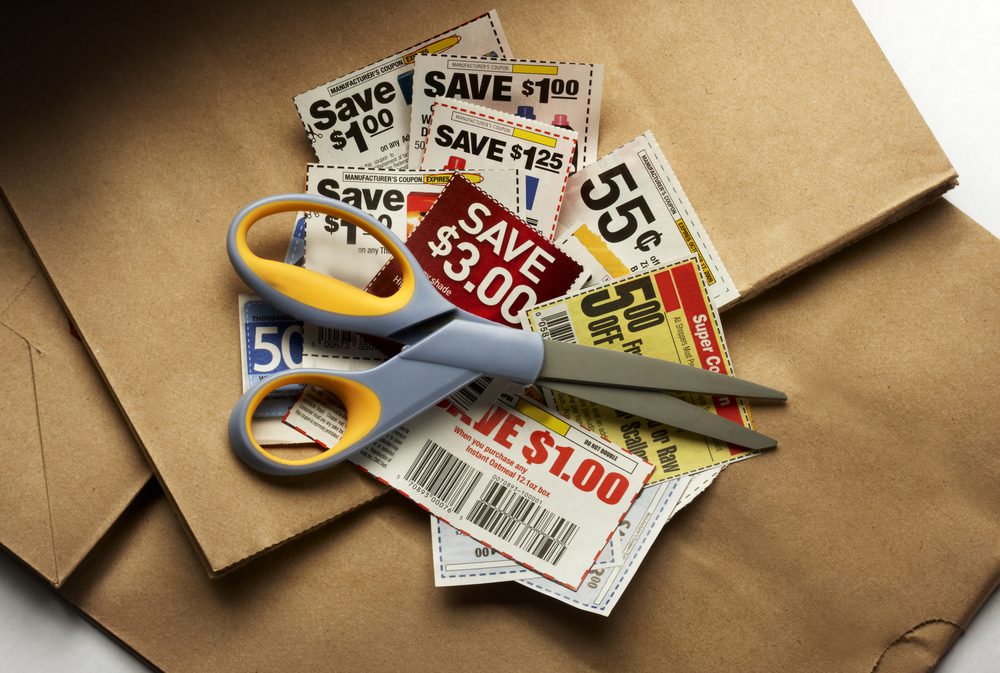
- Go all-in on store brands – A great majority of big grocery chains have managed to expand their store-brand lines, which automatically improved their reputation for quality. Chains are highly secretive when it comes to the manufacturer of their products. But you can simply compare the ingredients list with name-brand versions, in order to see how close they are. Store brands might run as much as 25 percent less than the name-brand version.
- Use self-checkout – There has been a study conducted by IHL Consulting Group that revealed how people who used self-checkout spent way less on impulse purchases. That’s mainly because shoppers are paying much more attention to what they’re buying, but also to the prices, given the fact that they’re scanning goods themselves, rather than getting distracted by anything else.
- Focus on high-cost foods – The most common garden veggies, such as green peppers, zucchini, and cucumbers, will usually cost very little at the store when it’s harvest time. Consider focusing on the edibles that cost more at the store if you want to start planting vegetables. You could also put fresh herbs on the list, as well as heirloom tomatoes, organic lettuces, and even vegetables for ethnic or regional cuisines such as Chinese Choy, okra, tomatillos, and even Jerusalem artichokes.
- Grow some veggies that are easy to preserve – It’s such a shame to find yourself with a lot of peppers and greens that you can’t give away and let them rot! Luckily, there are ways to preserve these goodies: tomatoes can be easily canned, beans can be canned, pickled, or even frozen. Plant some pickling cukes. Butternut and various winter squashes could easily stay until spring in a cool, dry place.
- Plant edible perennials – A lot of herbs and spices, such as garlic, rosemary, thyme, and oregano, will definitely grow back year after year, which adds great value to them. Not to mention that they are often very easy to grow, because animals won’t touch them. Plus, they would look great in pots outside the kitchen door, so you don’t even need to have a garden.
- Hold a seed swap – It’s highly recommended to plant the seeds that you’ve bought the same year you got them, rather than storing them for future seasons. That’s why we recommend you to connect with neighbors or even friends who like to garden and coordinate your seed-buying. This way, you can share packets and even cut costs.
If you enjoyed reading this article, we also recommend reading: Curious about Target? Here Are 6 Items You Should Get From Them
(Visited 760 times, 1 visits today)
Post Views: 343












